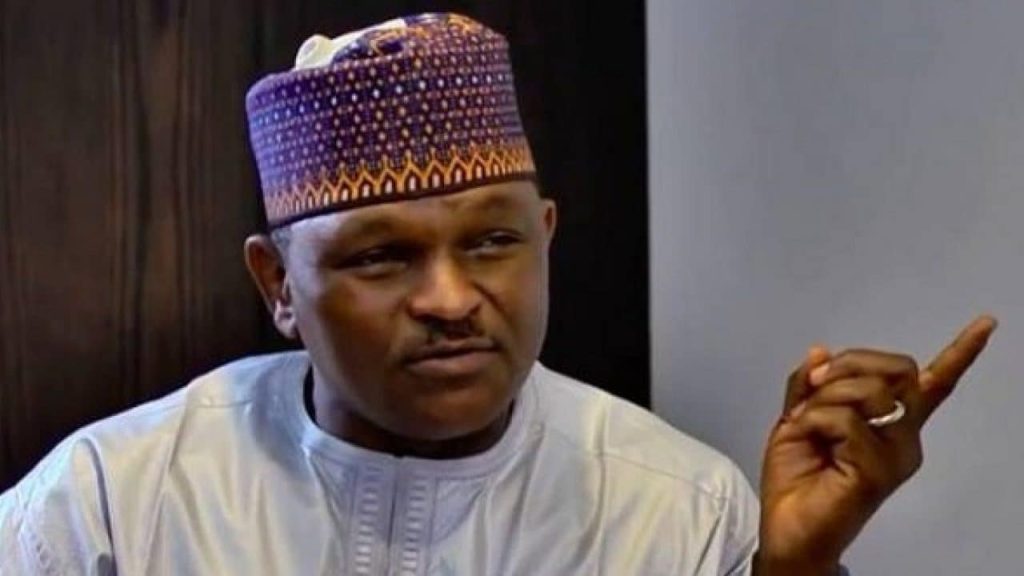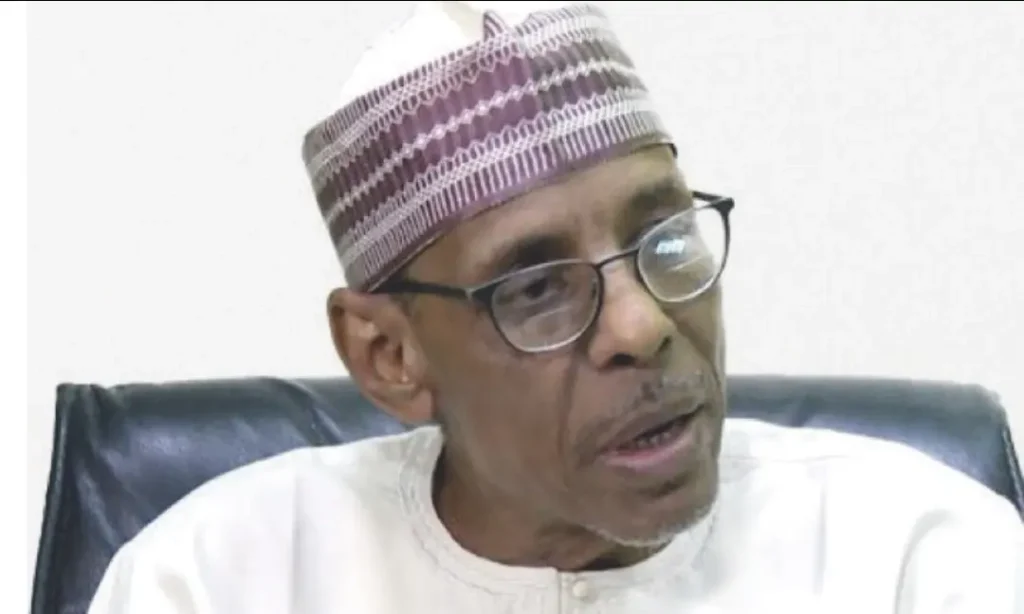The Federal Ministry of Labour and Employment is stepping up its efforts beyond its traditional role of resolving industrial disputes between the government and labour unions. Its vision now extends to playing a more significant role in bolstering Nigeria’s economy and fostering job creation opportunities for its citizens.
During a recent visit by the Labour Correspondents Association of Nigeria (LACAN) in Abuja, the Ministry’s Permanent Secretary, Ismaila Abubakar, underscored this transformative approach. He emphasized the Ministry’s alignment with President Tinubu’s administration’s “renewed hope agenda,” which places a premium on addressing unemployment challenges across the nation.
Abubakar stressed that the Ministry’s mandate now encompasses spearheading initiatives aimed at generating employment opportunities for the teeming population of unemployed Nigerians. This strategic shift signifies a concerted effort to channel resources and initiatives towards the vital task of job creation, a cornerstone of the government’s development agenda.
However, Abubakar lamented the significant obstacle posed by inadequate budgetary allocations, hindering the Ministry’s capacity to execute robust employment-driven programs effectively. Despite these challenges, the Ministry remains resolute in its commitment to enhancing Nigeria’s economic growth trajectory.
To operationalize its vision, the Ministry recently launched the Labour Employment and Empowerment Program (LEEP). This innovative initiative seeks to equip young graduates, school leavers, artisans, and others with essential employability skills crucial for navigating the job market. The program aims to bridge the skills gap and empower individuals to seize employment opportunities in diverse sectors of the economy.
Yet, Abubakar acknowledged the dilapidated state of the Ministry’s skill acquisition centers nationwide, a critical infrastructure for imparting vocational skills to Nigerians. He highlighted the urgent need for a comprehensive revitalization effort to upgrade these centers and optimize their capacity to deliver quality training programs.
Despite the daunting challenges, Abubakar expressed optimism about the Ministry’s trajectory, attributing its resilience to the relentless advocacy of Minister of State, Labour and Employment Nkeiruka Onyejeocha. He called upon the media to spotlight the Ministry’s challenges while offering constructive criticism and suggestions for improvement.
In response, the Acting Chairman of the Labour Correspondents Association of Nigeria, Abulu Patrick, affirmed the Association’s commitment to collaborating with the Ministry. He emphasized the importance of fostering a conducive working relationship to advance the socioeconomic interests of Nigerians.
As the Ministry navigates its evolving role in driving economic transformation and employment generation, collaboration with stakeholders, including the media, will be crucial in charting a path towards sustainable development and prosperity for all Nigerians.



